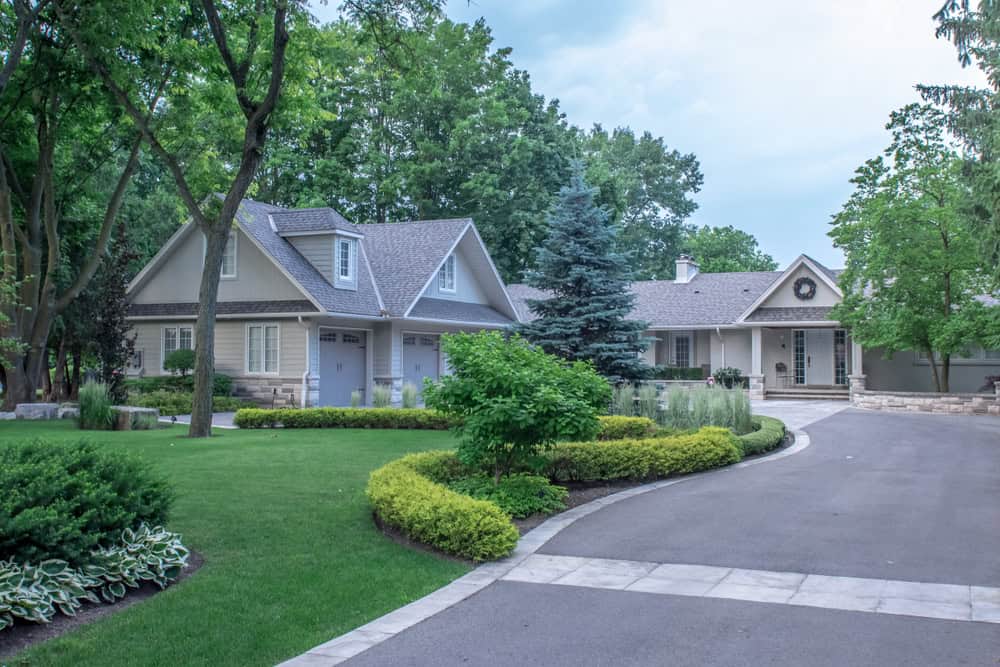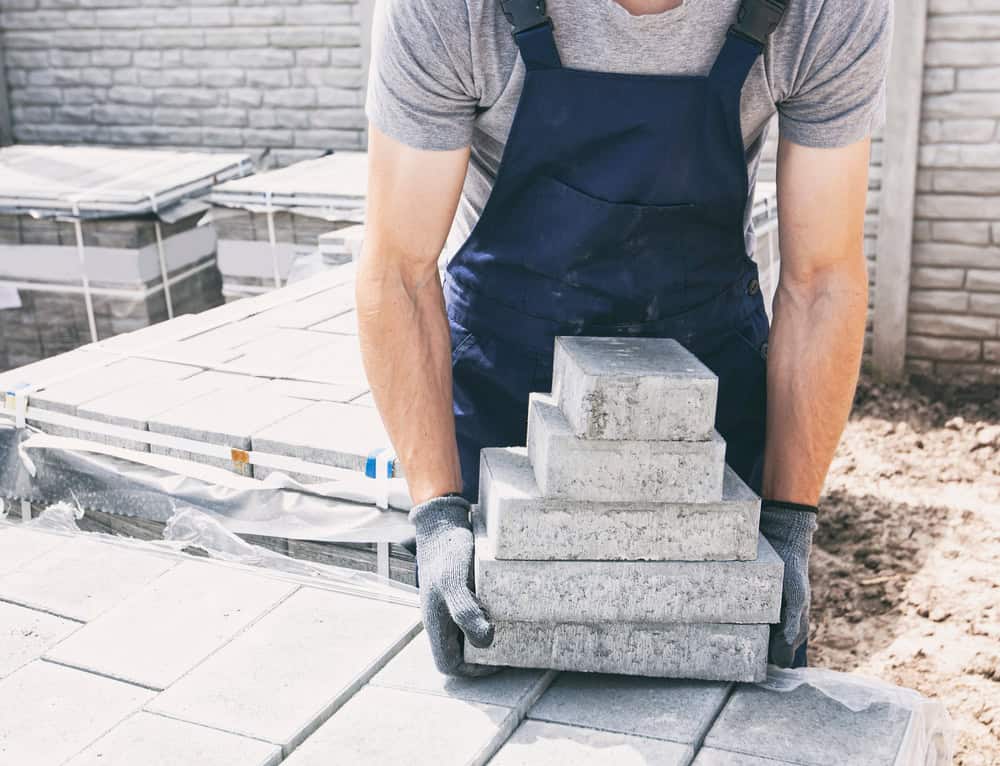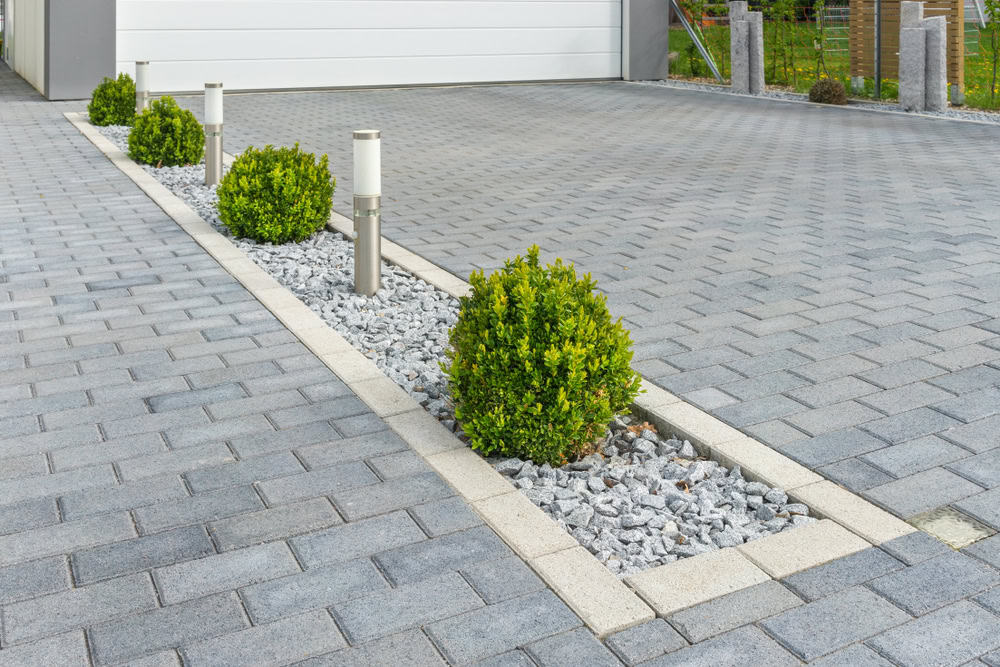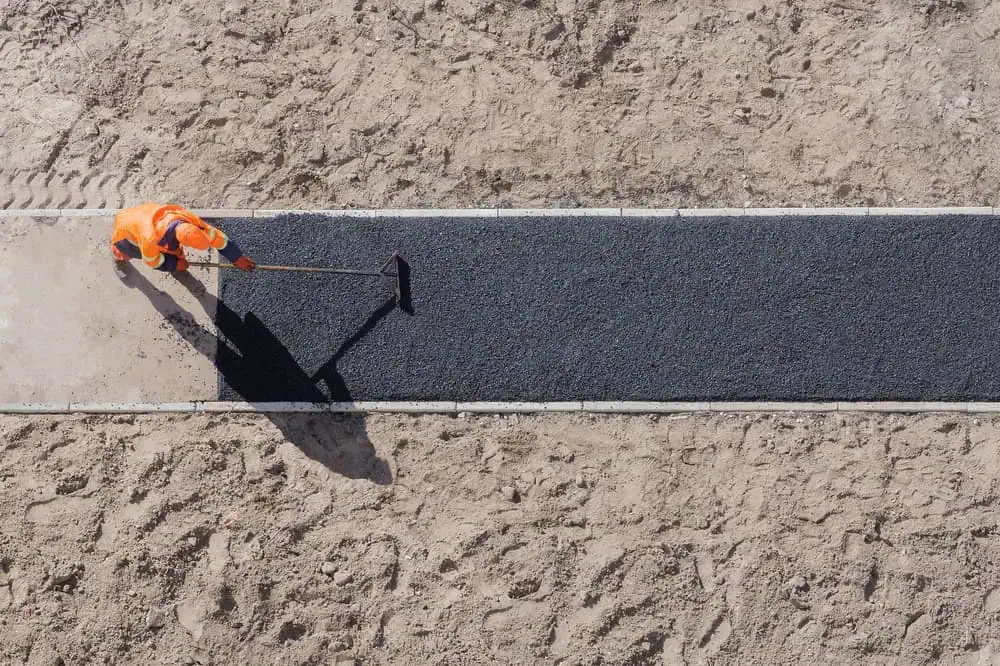Professional paver installation that handles New England weather while creating the outdoor space you want to use.


Your driveway stops being an embarrassment. Instead of staring at cracks, stains, or that one section that settled wrong, you see clean lines and colors that make your neighbors take notice.
Your patio becomes the place where you want to spend time. No more avoiding the backyard because the concrete looks terrible or pools water every time it rains. You get a space that drains properly, looks intentional, and gives you somewhere to put that outdoor furniture you’ve been thinking about.
The maintenance headaches disappear. When a paver gets stained or damaged, you replace that one piece. No jackhammering. No waiting for concrete trucks. No wondering if the new section will match the old section.
Academy Masonry has been handling paving installation in West Newton and surrounding areas for years. We understand what happens when you don’t prepare the base correctly for New England’s freeze-thaw cycles.
Most paving problems aren’t paving problems. They’re foundation problems. We dig deep enough, use the right materials for drainage, and compact everything properly so your pavers stay level and stable through every season.
You won’t find us cutting corners on base preparation or using subpar materials. We’ve seen what happens when brick patio contractors take shortcuts. Our goal is to avoid getting calls about settling or shifting pavers two years later.

First, we excavate to the proper depth. This isn’t negotiable. Massachusetts soil and weather conditions require specific base depths, and we don’t skip this step to save time or money.
Next comes the base material. We use crushed stone and sand in specific layers, compacting each layer thoroughly. This is where most paving projects succeed or fail. Get the base wrong, and your beautiful pavers will shift, settle, or develop uneven spots within a few seasons.
Then we install the pavers themselves, checking for level and proper spacing throughout the process. We cut edge pieces to fit precisely and sweep polymeric sand into the joints to lock everything in place. Finally, we compact the entire surface and clean up completely.
The whole process typically takes 2-4 days, depending on the size of your project. You’ll know exactly what to expect before we start, and we’ll keep you updated if weather or other factors affect the timeline.

Ready to get started?
Every paver installation includes proper excavation, base preparation, and final compaction. We handle permits if your project requires them, and we coordinate material delivery so you don’t have pallets of pavers sitting in your driveway for weeks.
You get to choose from a wide selection of paver styles, colors, and patterns. We’ll show you samples and help you understand how different options will look with your home’s style and existing landscaping. Some homeowners want subtle colors that blend in. Others want their patio or driveway to be a focal point.
We also handle the details that matter but aren’t obvious. Proper drainage so water moves away from your foundation. Edge restraints so pavers don’t shift over time. Polymeric sand application that prevents weeds and keeps pavers locked in place. These aren’t extras – they’re part of doing the job correctly.
